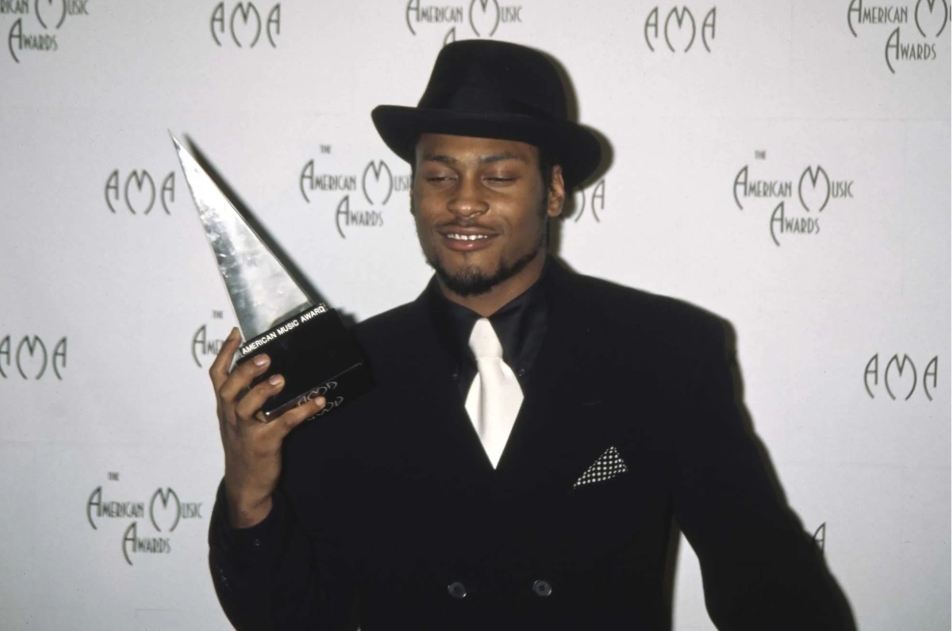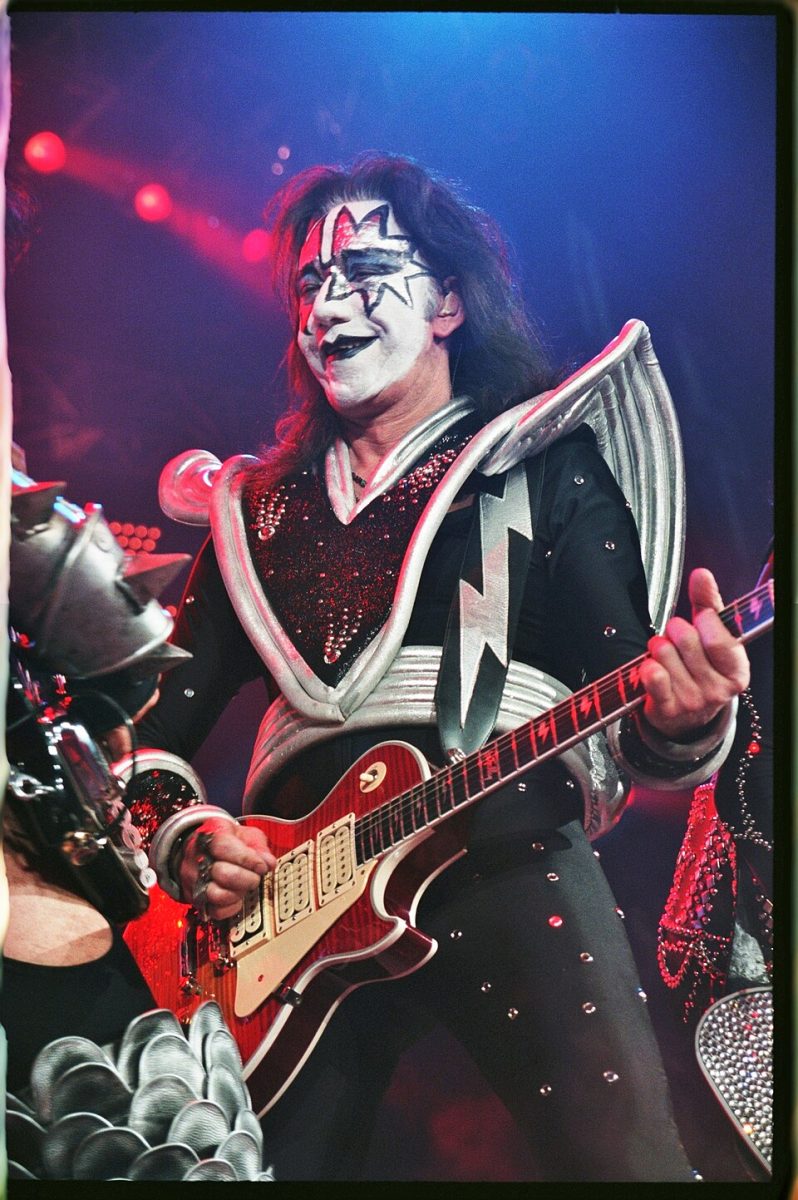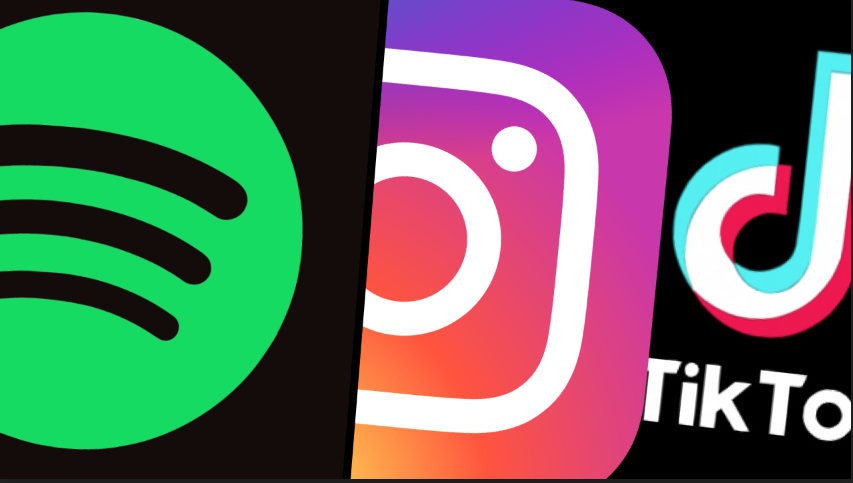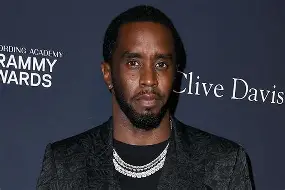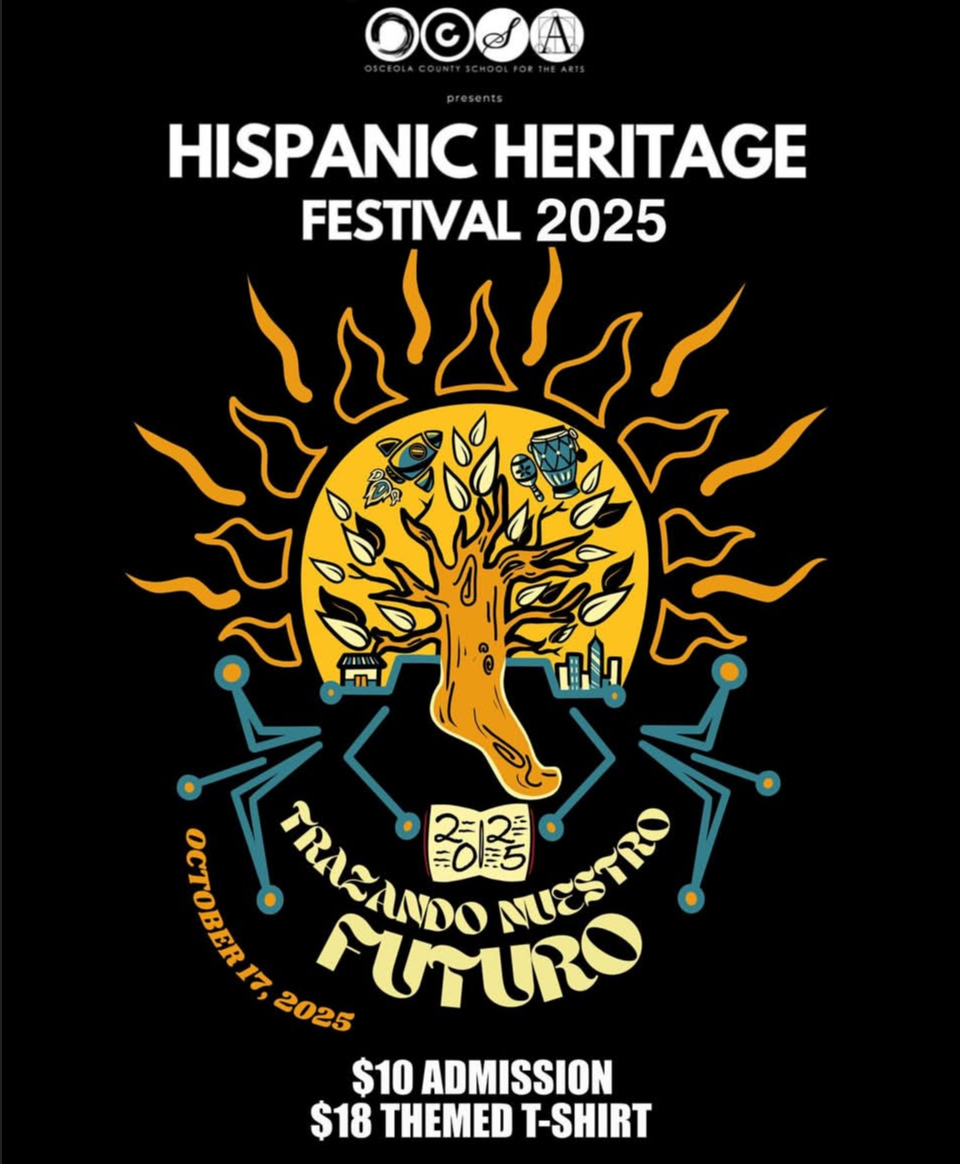For nearly five decades, Saturday Night Live (SNL) has been an influential force in American television, sketch comedy, and providing a platform for satire, political commentary, and social reflection. Since its debut in 1975, the show has been loved by many. Known for its sharp wit, musical performances, and iconic sketches, SNL has had a profound impact on pop culture, producing memorable characters and catchphrases that continue to resonate today.
Over the years, the show has introduced a wide array of unforgettable characters such as The Blues Brothers, Wayne’s World, and Stefon, with its cast members often breaking out into mainstream stardom. Comedians like Eddie Murphy, Will Ferrell, Tina Fey, and Kristen Wiig have all gotten their start as SNL cast members.
SNL has also been a platform for addressing pressing political issues, with sharp and timely impressions of public figures like presidents, senators, and pop culture icons. In recent years, SNL has been critiqued for being overly political or one-sided. While satire is a key part of the show, some have felt that the show leans too heavily into political commentary. This ties into the evolving nature of comedy itself. What was once deemed “cutting-edge” or “edgy” in comedy can become outdated or offensive as societal norms shift. In a time of heightened sensitivity around issues of race, gender, and politics, SNL’s attempts to stay relevant to modern audiences can sometimes lead to backlash, especially when a sketch or joke is seen as out of line with current cultural sensibilities.
The 50th season of Saturday Night Live, which premiered in October 2024, is not only a milestone, but also a time of reflection for the show. It’s grappling with its identity in a rapidly changing media environment, where younger generations are increasingly engaged in more progressive and socially aware conversations. The show has to balance its tradition of irreverence with the demands of social responsibility, something that can be particularly tricky when its audience spans across various political, generational, and cultural divides.
Cast departures have always been a point of interest for fans, but these exits, particularly when long-standing figures leave, often cause audiences worry about how the dynamic will change. Season 50 saw the departure of three cast members (Punkie Johnson, Molly Kearney, and Chloe Troast) and the introduction of three new members (Emil Wakim, Jane Wickline, and Ashley Padilla.) However, the introduction of new cast members can also be an introduction to new favorite comedians and characters, like Marcello Hernandez, who’s taken the internet by storm with his character Domingo.
Often, when an audience isn’t in on the joke, they lament that Saturday Night Live was just better back in the day, and it isn’t what it used to be. But Bill Murray, one of SNL’s earliest writers, disagrees. “People always give me a hard time like, ‘Oh god, the original show was so great and it’s lousy now.’ No, it’s not. The show that’s on now, they do stuff that’s just as good as anybody ever did all the time,” said Murray on a podcast interview. Even if the show isn’t exactly the same as it was five or ten years ago, that’s what makes it special. Whether SNL is cracking jokes about the president or Sonny Angels, the show’s impact on American comedy and culture is undeniable.


